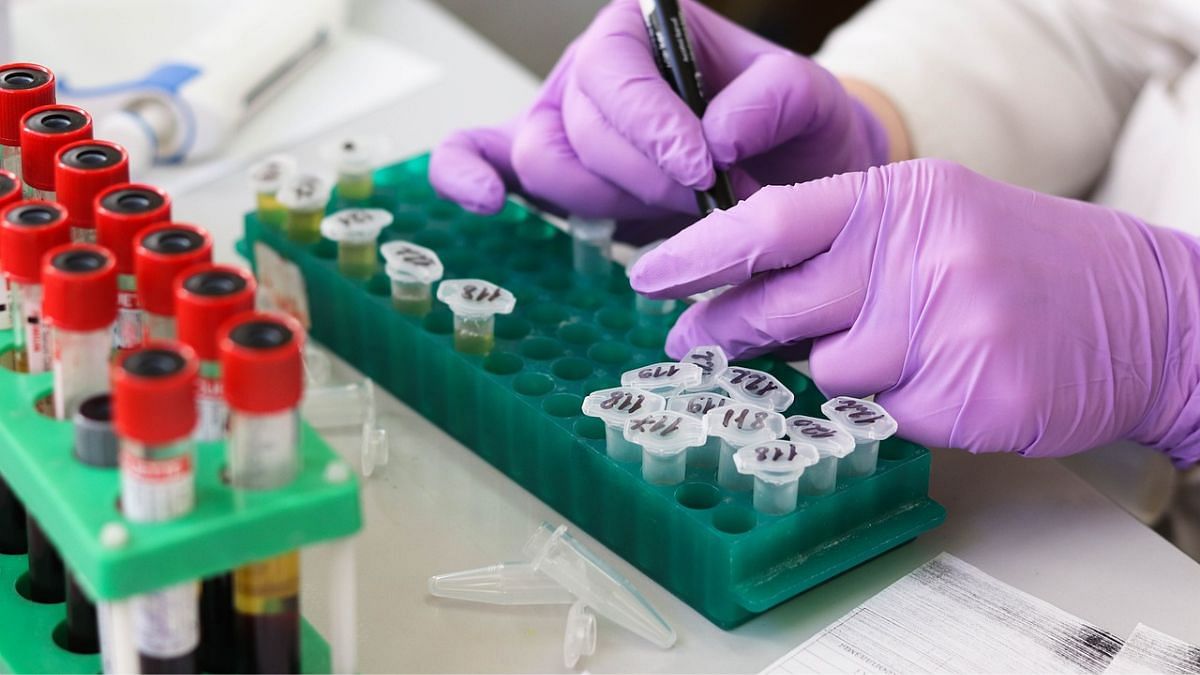New Delhi: After much back-and-forth, the Delhi government has finally written to the Union Ministry of Health to amend the schedule of the Clinical Establishments (Registration and Regulation) Act, 2010—a central legislation to regulate pathology laboratories—to make it applicable in Delhi.
In its submissions before the Delhi High Court, the Aam Aadmi Party-led government said that the letter was sent to the Union health secretary on 13 November, asking for a proposal to be submitted to make necessary changes to the law to bring Delhi within its ambit. The information was disclosed to the high court, which for the last six years is hearing a writ petition, seeking implementation of the 2010 legislation.
Going by the current framework, the law, according to the Delhi government, cannot be made operational in the capital. Formulated with the intent to govern pathology laboratories across India, the 2010 law contains a saving clause under Section 56, according to which the Act shall not apply to the states in which enactments specified in the Schedule given along with the Act are applicable. One of the nine laws mentioned in the Schedule is the Delhi Nursing Home Registration Act, 1953.
Therefore, according to the Delhi government, the said law cannot be invoked here until the 1953 Act is taken out of the saving clause, which can only be done through an amendment by the Centre, followed by a notification for its application in Delhi. It is only then that the Delhi government can frame rules under Section 54 of the Clinical Establishments Act, which the pathology laboratories would have to follow in line with the law’s mandate.
In the absence of any specific law regulating the laboratories in the capital, the Delhi Shops and Establishments Act, 1954 administers their functioning.
The action taken by the Delhi government comes almost seven months after it had promised to implement the central law as an interim measure until its own law is granted approval by the necessary authorities at the Centre.
Also Read: ‘If men menstruated, they would understand.’ SC slams sacking of women judges in Madhya Pradesh
Regulating Delhi’s ‘illegal labs’
During a hearing in the high court in April this year, the AAP government had said that in compliance with a 2023 letter of Government of India and a 2022 order passed by the Delhi High Court, it would write to the Centre for its approval to a state law that was prepared in 2019.
Taking note of Delhi government’s decision, the high court went on to dispose of a 2018 petition filed by Bejon Kumar Misra that had alleged that unauthorised laboratories and diagnostic centres were functioning in the national capital with unqualified technicians, giving incorrect reports to patients.
“Such illegal labs continue to mushroom in and around Delhi-NCT and it can be easily estimated that the total number of such illegal pathological and diagnostic labs can be anywhere between 20,000 and 25,000, and every street in the capital has such illegal pathological labs,” the petition had contended.
Between September 2018 and November 2024, the high court conducted 33 hearings. In May 2022, the Delhi government had informed the court about finalising a state-specific law—Delhi Health Bill, 2019—for the laboratories. Following its assurance, the court had, on 30 May, 2022, directed it to expedite the process to establish a regulatory mechanism for laboratories. However, in the interregnum, it said, Delhi must consider the feasibility of implementing the 2010 central law.
As the petition remained pending and there was no action taken at the behest of the Delhi government, the high court summoned Delhi’s Health Minister Saurabh Bharadwaj and Health Secretary S.B. Deepak Kumar in March this year
This was done after the court perused a mail written by Bharadwaj to the standing counsel of Delhi government, in which the minister complained against his own officials for not informing him about the pending case in the HC. The mail also mentioned that despite Bharadwaj’s “clear directions”, the ministry officials of Delhi’s health department had not drafted the bill to place it before him.
During the hearing on 21 March, the high court had warned Bharadwaj and Kumar about sending them to jail for non-compliance of court orders on enactment of the law to regulate clinical establishments. Following the reprimand, in April, the Delhi Government informed the court about its proposal to give effect to Clinical Establishments (Registration and Regulation) Act, 2010 until its own law came into shape.
According to the petitioner’s lawyer, Shashank Deo Sudhi, the application was moved against Delhi government because it had failed to comply with the court’s direction to abide by its own assurance within four weeks.
Sudhi questioned the Delhi government for throwing the ball in Centre’s court. “The Delhi Nursing Home Act is limited to nursing homes. Health features in the concurrent list of the Constitution. Both Centre and State can frame laws. In the case of regulation of pathological laboratories, there is a vacuum in Delhi and the government here can easily adopt the central law. The state is filibustering and misleading the HC.”
For now, the Delhi High Court has issued notice to the Centre, while ordering its counsel to take necessary instructions on how much time would be taken to amend the Schedule of the 2010 Act, as requested by the Delhi Government. It will hear the case on 13 December.
(Edited by Mannat Chugh)
Also Read: Behind plea in HC seeking extra aid for HIV+ rape survivors, woman’s 7-yr wait for justice, a normal life

